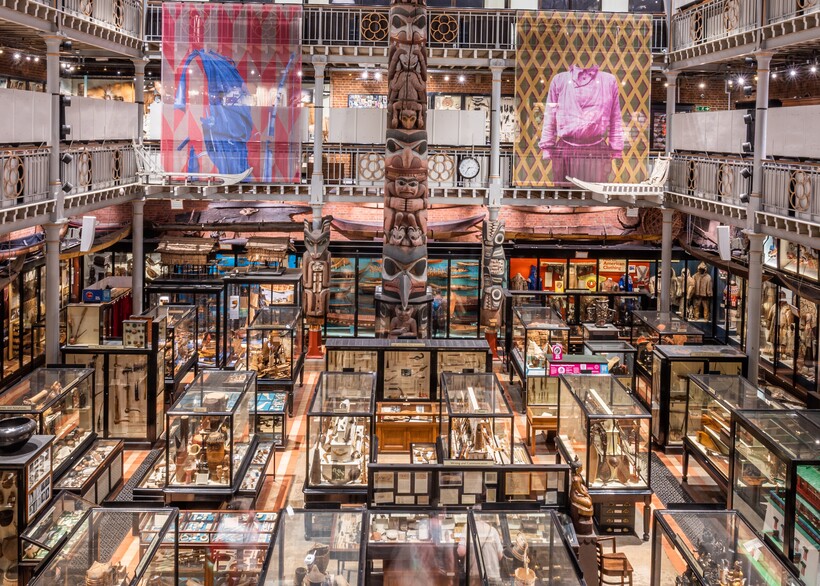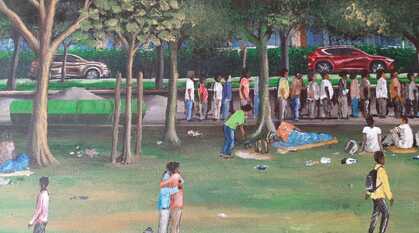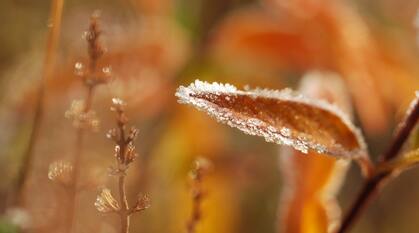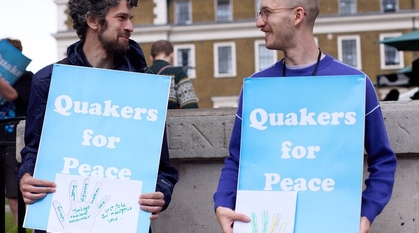The legacy of colonialism: dialogue and the return of ancestral remains
Judith Baker shares the story of the process of repatriating Naga ancestral remains from the Pitt Rivers Museum.

A request from the other side of the world asks me to share with Quakers and other churches the story of a process dealing with the unfinished business of colonialism.
Many museums in Britain contain cultural objects taken during the colonial era, but it was still something of a shock to find that a museum near me houses human remains from Naga people, from my friends. The Pitt Rivers Museum in Oxford had reached out to Naga anthropologists and the process of returning these objects in the most culturally-appropriate way possible has begun.
There have been long friendships between Quakers and the people who live in the mountainous border area between Myanmar and India, the Naga Hills. Many Nagas remember that Horace Alexander visited the Naga Hills in the 1950s and Marjorie Sykes was part of peace missions in the 1960s. Current Quaker work includes a small group of appointed Friends 'quietly accompanying' a Naga civil society group (at their request) working nonviolently to end violent conflict in the region.
The return of human remains
Our Naga friends have asked us to share this article about their collaborative work with the museum: The Unfinished Business of Colonialism: Naga Ancestral Remains and the Healing of the Land. The aim is to create awareness and to build critical solidarity and understanding.
This striking article is by two Naga anthropologists working with the Pitt Rivers Museum. Dr. Arkotong Longkumer of the University of Edinburgh and Dr. Dolly Kikon of the University of Melbourne have worked with Naga civil society, elders, researchers, church leaders and the museum in an exploratory dialogue. They explain how far that dialogue has come and the mountain of work still to do.
The Naga ancestral remains collection in the Pitt Rivers Museum includes human skulls and bones. The museum's aim is to return over 200 pieces of Naga ancestral remains to the lands from which they came. The museum also wants to work with the Naga Research Team to be part of a process of displaying cultural objects in a culturally sensitive manner, prioritising reconciliation and co-curatorship.
Quaker action
A minute from this year's Yearly Meeting asks us as Quakers to examine the history of involvement by Quakers in the slave trade and in the profits from it, and consider how to make meaningful reparations. A Yearly Meeting minute from last year commits us to become an anti-racist church. Quaker Peace & Social Witness is actively examining all work with a decolonising lens. If decolonising is the freeing of minds from colonial ideology then this touches all that we do. Quakers are not free from the mindset of colonial practice which has shaped our world.
The Library of the Society of Friends has started to explore work on decolonising collections and increasing accessibility. This is an evolving area of practice and currently the focus is on peer learning, raising staff awareness, and addressing elements of work such as reviewing the language used in catalogue descriptions.
Working with others
Other churches are actively examining these questions too. The Racial Justice Advocacy Forum (on which Quakers are represented) of Churches Together in Britain and Ireland have been running a series of webinars exploring reparations. Their recent webinar covered the restitution of African and Caribbean artefacts and can be watched again online.
The article shows how much work needs to go into changing the way we in Britain, including Quakers, think about our role in fostering and perpetuating the colonial approach to history and attitude to objects from other cultures. We all – including me – have so much to learn.


